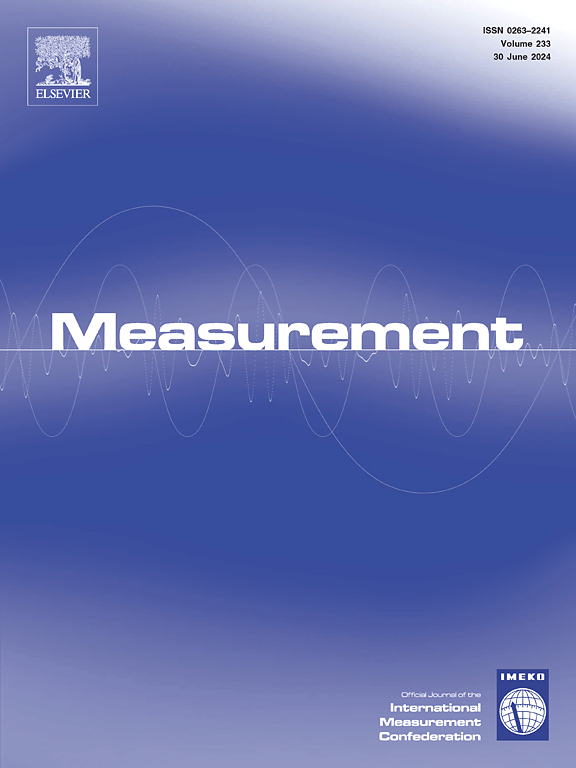过程工业软测量的鲁棒增量随机RNN
IF 5.2
2区 工程技术
Q1 ENGINEERING, MULTIDISCIPLINARY
引用次数: 0
摘要
递归神经网络(RNNs)是过程工业中软测量建模的重要工具。然而,它们的网络架构通常需要手动调优,并且被异常样本污染的训练数据会严重阻碍模型的泛化。为了解决这些限制,我们提出了一种增量随机循环神经网络(IRRNN)模型,该模型可以实现自动架构扩展和随机参数学习。随后为该框架开发了量身定制的鲁棒增量随机(RIR)学习算法。该算法采用基于导数的异常样本检测和状态重采样技术,将污染数据集转化为半监督学习场景。接下来是包含二次不等式约束的约束优化方法来确定输出权重,进一步加强模型的鲁棒性。对赤铁矿磨矿过程软测量的基准评估和工业案例研究表明,与传统方法相比,该方法对异常样品具有更好的恢复能力和预测精度。本文章由计算机程序翻译,如有差异,请以英文原文为准。
Robust incremental random RNN for process industries soft sensing
Recurrent neural networks (RNNs) serve as critical tools for soft-sensing modeling in process industries. However, their network architectures typically require manual tuning, and training data contaminated by abnormal samples can significantly hinder model generalization. To address these limitations, we present an Incremental Random Recurrent Neural Network (IRRNN) model that enables automated architecture expansion and random parameter learning. A tailored Robust Incremental Random (RIR) learning algorithm is subsequently developed for this framework. The algorithm employs derivative-based abnormal samples detection and state resampling techniques to transform contaminated datasets into semi-supervised learning scenarios. This is followed by a constrained optimization approach incorporating quadratic inequality constraints to determine output weights, further fortifying model robustness. Benchmark evaluations and industrial case studies on hematite grinding processes soft sensing demonstrate the proposed method’s superior resilience to abnormal samples and prediction accuracy compared to conventional approaches.
求助全文
通过发布文献求助,成功后即可免费获取论文全文。
去求助
来源期刊

Measurement
工程技术-工程:综合
CiteScore
10.20
自引率
12.50%
发文量
1589
审稿时长
12.1 months
期刊介绍:
Contributions are invited on novel achievements in all fields of measurement and instrumentation science and technology. Authors are encouraged to submit novel material, whose ultimate goal is an advancement in the state of the art of: measurement and metrology fundamentals, sensors, measurement instruments, measurement and estimation techniques, measurement data processing and fusion algorithms, evaluation procedures and methodologies for plants and industrial processes, performance analysis of systems, processes and algorithms, mathematical models for measurement-oriented purposes, distributed measurement systems in a connected world.
 求助内容:
求助内容: 应助结果提醒方式:
应助结果提醒方式:


